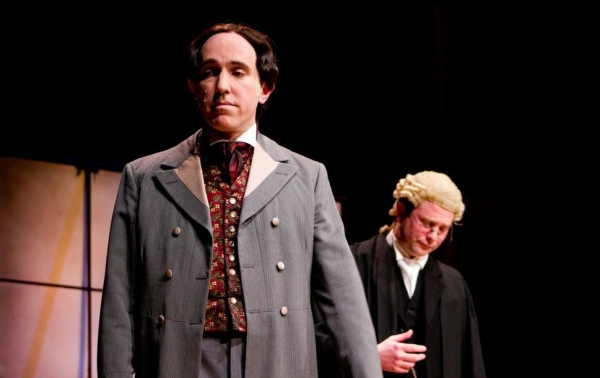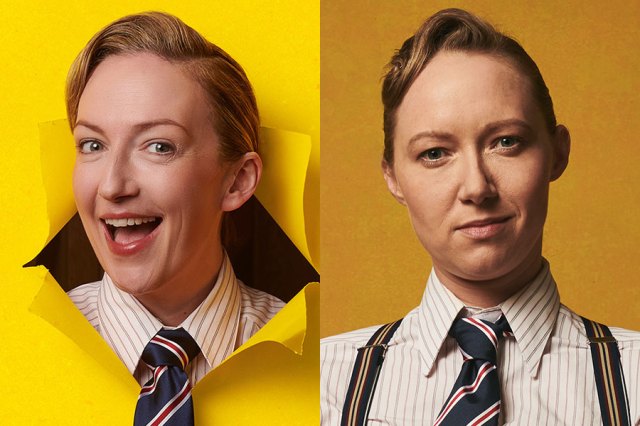The Trials of Oscar Wilde
There’s something about a courtroom drama – even when the case is a historical (not to say, historic) one which exerts a peculiar fascination

Wilde's grandson Merlin Holland and John O'Connor are the co-authors of The Trials of Oscar Wilde which European Arts are currently touring. Holland, as the editor of a new edition of Wilde's letters, obviously knows his subject inside-out – and that is what is put before us in Peter Craze's production.
The play focuses on the two trials – first Wilde's own libel action against the Marquess of Queensbury and then, as this collapsed, the criminal prosecution for gross indecency which sent him to prison while destroying not just his own life and reputation but that of his immediate family.
Lord Alfred Douglas hovers outside throughout the action, a beautiful baneful catalyst for disaster. We meet his father, not a pleasant man, and later on the sad procession of rent boys and inept blackmailers whose cumulative testimonies provided the evidence which brought Wilde down. Of course, he himself sowed the seeds of suspicion with his enjoyment of point-scoring over the opposing barrister.
Lying on oath is never a clever thing to do. Especially when it starts with a fudge about your actual age. John Gorick revels in Wilde's posing, his delight with his own bon mots, and his inability to take this public platform seriously until far too late.
Rupert Mason and William Kempsell take on the whole gallery of low life and high intelligence to fine effect. The setting (Dora Schweitzer) is simple – three screens, a table, a chair, two stools and a low, red balustraded platform.
We hear mute sounds from time to time – an audience (both in a theatre and a courtroom) and very effective snatches of stage dialogue . So that Importance of Being Earnest exchange between Jack and Algernon over a cigarette case acquires a whole new sinister connotation in a legal context.
The Trials of Oscar Wilde tours nationally until 8 November, and is at Trafalgar Studios from 13 October until 8 November 2014













